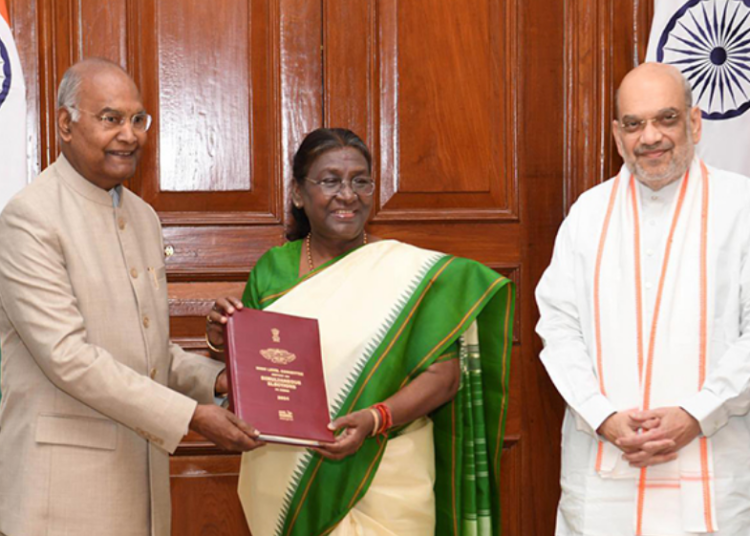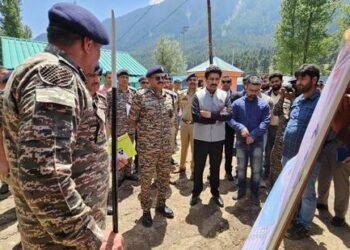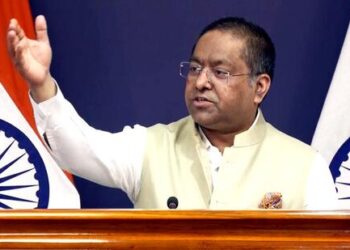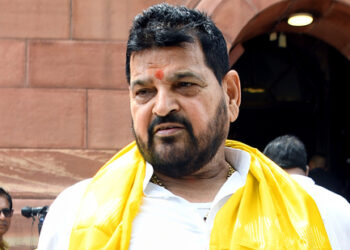The Committee for Simultaneous Election has sounded a note of concern regarding the adverse impact of frequent elections on the policy-making process. Highlighting the challenges posed by the current system of staggered elections, the committee emphasized the need for synchronizing polls to ensure governance stability and effective decision-making.
Frequent elections, the committee contends, create an atmosphere of uncertainty that hampers the continuity of governance and impedes long-term policy formulation. The cyclical nature of elections, occurring at various levels of government, often leads to a focus on short-term electoral gains rather than sustained development initiatives, according to the committee’s assessment.
Moreover, the committee underscored that the fragmented electoral schedule results in significant administrative and financial burdens for both the government and the Election Commission. Resources that could be allocated towards developmental projects are diverted towards the organization and management of elections, further exacerbating governance challenges.
The call for simultaneous elections, the committee argues, is not merely a matter of administrative convenience but a vital step towards enhancing governance efficiency and accountability. By streamlining the electoral process and aligning election cycles, policymakers can devote greater attention to policy formulation and implementation, driving holistic development and progress.
The committee’s warning comes amidst renewed discussions on the feasibility and desirability of simultaneous elections in India. While the concept has garnered support from various quarters, it also remains a subject of debate, with concerns raised about its practical implementation and constitutional implications.
As the discourse on electoral reform continues, stakeholders stress the importance of exploring viable strategies to address the complexities of India’s electoral landscape while upholding the principles of democratic governance and accountability.
The Committee for Simultaneous Election’s caution against the impact of frequent polls on policy decisions underscores the imperative for electoral reform in India. As the nation grapples with the challenges of governance continuity and effective decision-making, the call for synchronized elections emerges as a potential solution to enhance governance stability and foster holistic development.








 India
India











